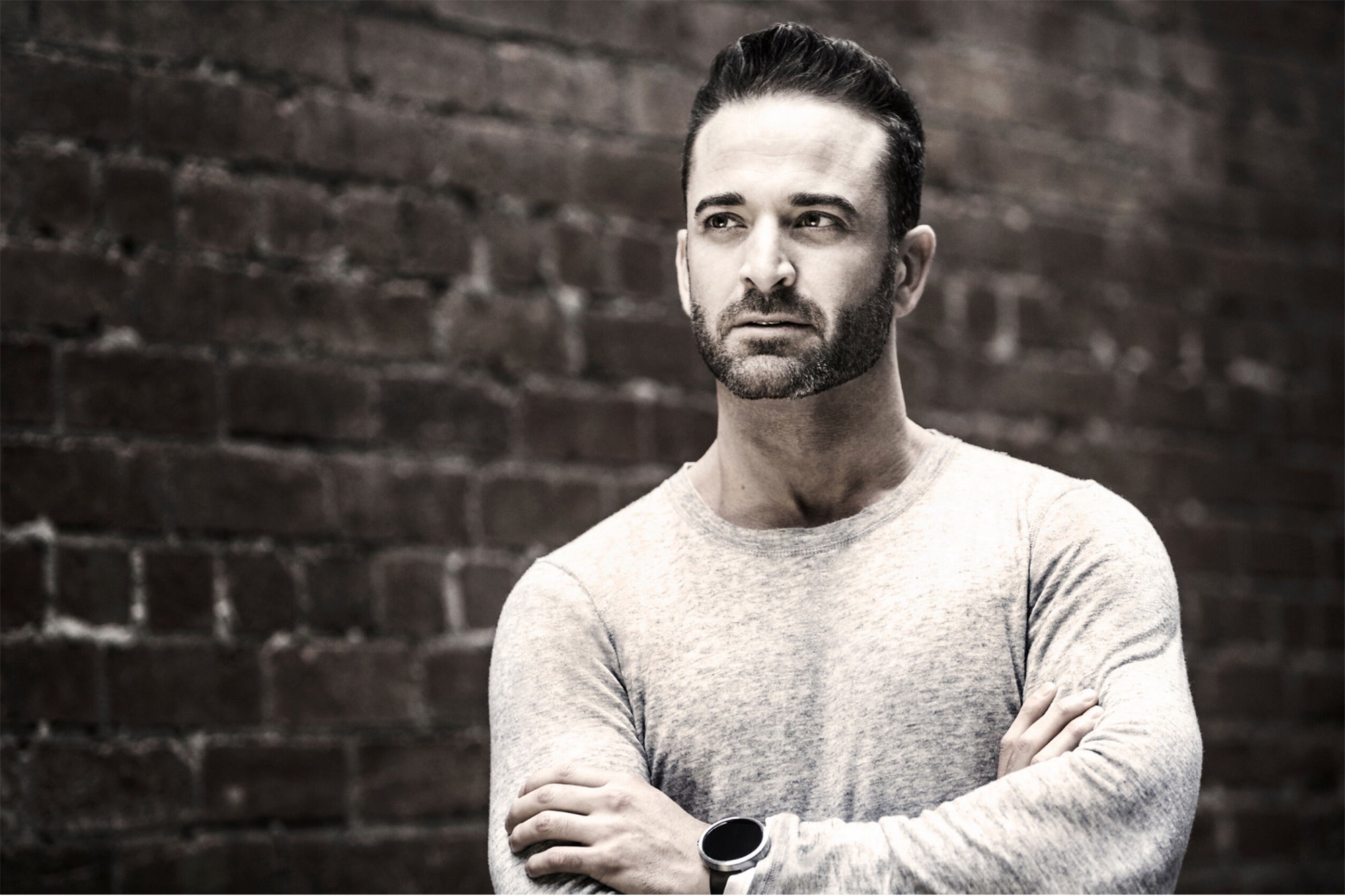The Basics of Buying a FranchiseIf you're thinking about becoming a franchisee, find out what you're getting yourself into by reviewing this quick guide.
In their book,Start Your Own Business, the staff of Entrepreneur Media, Inc. guides you through the critical steps to starting a business, then supports you in surviving the first three years as a business owner. In this edited excerpt, the authors discuss what type of research you need to do before you buy a franchise.
Buying a franchise offers many advantages that aren't available to entrepreneurs starting a business from scratch. Perhaps the most significant is that you get a proven system of operation and training in how to use it. New franchisees can avoid a lot of the mistakes startup entrepreneurs typically make because the franchisor has already perfected daily routine operations through trial and error.
Once you've decided a franchise is right for you, start by investigating various industries that interest you to find those with growth potential. Narrow the choices to a few industries you're most interested in; then analyze your geographic area to see if there's a market for that type of business. If so, contact all the franchise companies in those fields and ask them for information. Any reputable company will be happy to send you information at no cost.
Don't rely solely on these promotional materials to make your decision. Go online to look up all the articles you can find about the companies you're considering as well as checking outEntreprenuer.com's franchise listings. Is the company depicted favorably? Does it seem to be well-managed and growing?
Check with the consumer or franchise regulators in your state to see if there are any serious problems with the company you're considering. If the company or its principals have been involved in lawsuits or bankruptcies, try to determine the nature of the lawsuits: Did they involve fraud or violations of FTC regulatory laws? To find out, call the court that handled the case and request a copy of the petition or judgment.
If you live in one of the 15 states that regulate the sale of franchises (California, Hawaii, Illinois, Indiana, Maryland, Michigan, Minnesota, New York, North Dakota, Oregon, Rhode Island, South Dakota, Virginia, Washington, and Wisconsin), contact the state franchise authority, which can tell you if the company has complied with state registration requirements. If the company is registered with Dun & Bradstreet (D&B), request a D&B Report, which will give you details on the company's financial standing, payment promptness, and other information. Also check with the Better Business Bureau for complaints against the company.
Contact the franchisor, and ask for a copy of its Franchise Disclosure Document, or FDD. This disclosure document must, by law, be given to all prospective franchisees 10 business days before any agreement is signed. If a company says it's a franchise but won't give you an FDD, take your business elsewhere.
The FDD contains an extensive description of the company, the investment amount and fees required, any litigation and/or bankruptcy history of the franchisor and its officers, the trademark you'll be licensed to use, the products you're required to purchase, the advertising program, and the contractual obligations of both franchisor and franchisee. It specifies how much working capital is required, equipment needs and ongoing royalties. It also contains a sample copy of the franchise agreement you'll be asked to sign should you buy into the system, as well as three years' worth of the franchisor's audited financial statements.
Calling All Franchisees
One of the most important parts of the FDD is a listing of existing franchisees as well as franchisees who've been terminated or have chosen not to renew. If the list of terminated franchisees seems unusually long, it could be an indication that there's some trouble with the franchisor. Call the former franchisees, and ask them why the agreement was terminated, whether the franchisee wasn't making the grade, or whether they had some type of grievance with the franchisor.
Next, choose a random sample of current franchisees to interview in person at their locations. Talking to existing franchisees is often the best way to find out how much money individual stores actually make. You'll also find out what their typical day is like and whether they enjoy what they do.
The key to getting all the information you need is asking the right questions. Here are some ideas:
- Was the training the franchisor offered helpful in getting the business off the ground?
- Is the franchisor responsive to your needs?
- 告诉我阿布t a typical day.
- Have there been problems you didn't anticipate?
- Has your experience proved that the investment and cost information in the FDD were realistic?
- Is the business seasonal? If so, what do you do to make ends meet in the off-season?
- Have sales and profits met your expectations? Tell me about the numbers in the business.
- Are there expansion opportunities for additional franchise ownership in this system?
- If you knew what you know now, would you make this investment again?
Since running a franchise involves an ongoing relationship with the franchisor, be sure to get the details on the purchasing process—everything that happened from the day the franchisee signed the agreement to the end of the first year in business. Did the parent company follow through on its promises?
Talk to as many franchisees as you can—a broader perspective will give you a more accurate picture of the company. Take careful notes of the conversations so you can refer to them later. Don't hesitate to ask about sensitive topics. One of the most important questions a prospective franchisee should ask, but rarely does, is "What conflicts do you have with the franchisor?" What you need to find out is how widespread and common those conflicts are.
Many franchisees and franchising experts say there's no better way to cap off your research than by spending time in a franchisee location to see what your life will be like. Buyers should spend at least one week working in a unit. Offer to work for free. If the franchisor doesn't want you to, you should be skeptical about the investment.
When all your research is completed, the choice between two equally sound franchises often comes down to your gut instinct. That's why talking to franchisees and visiting locations is so important in the selection process.












